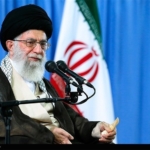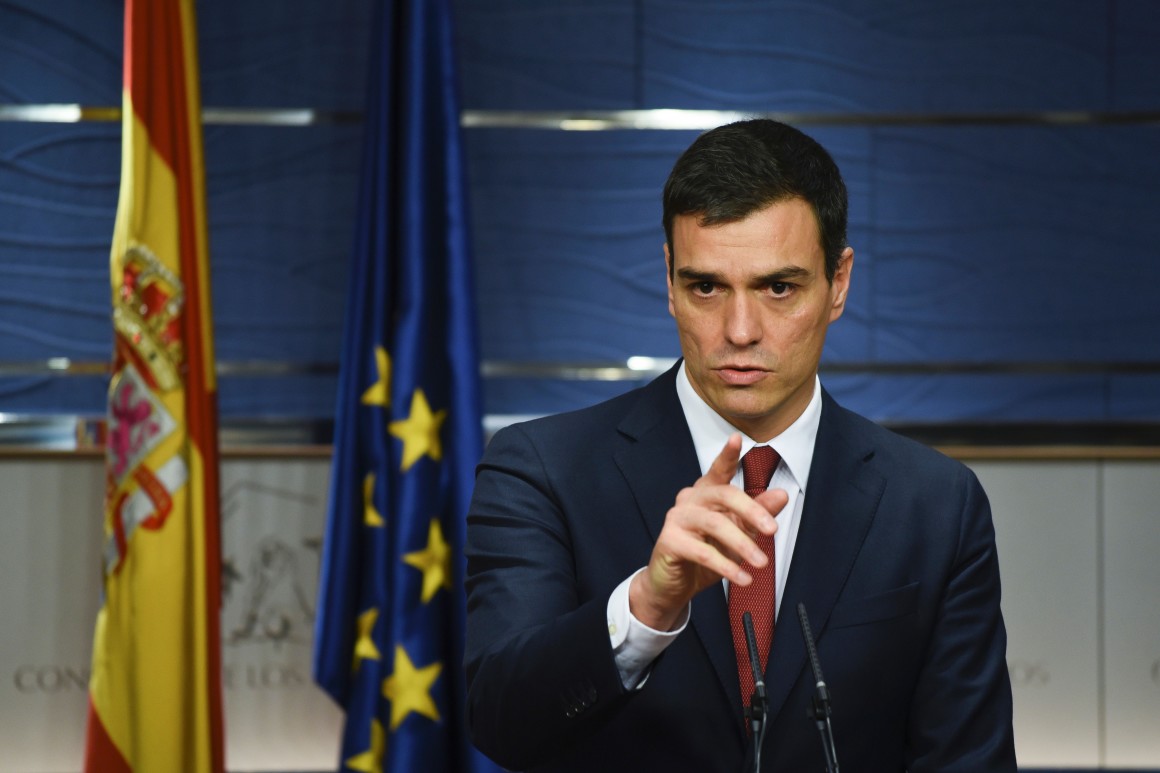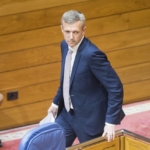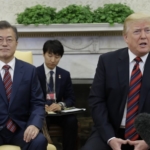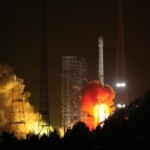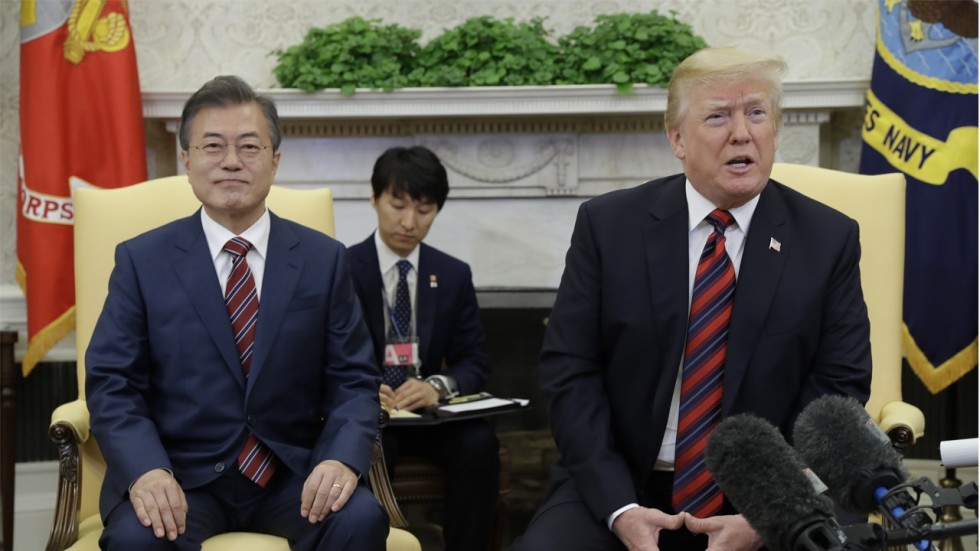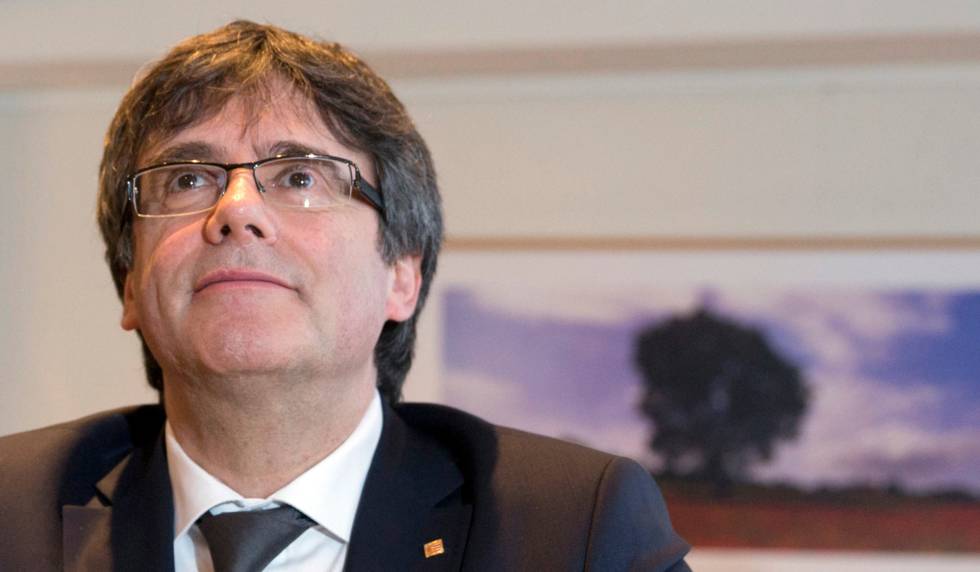Pompeo’s tour in the Middle East
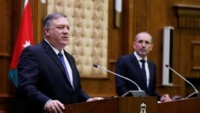
On Tuesday 8th January, US Secretary of State Mike Pompeo opens his tour in the Middle East visiting Jordan. The tour originally scheduled nine stops, including Iraq, Egypt, Bahrain, the UAE, Qatar, Saudi Arabia, Oman and Kuwait. However, due to family reasons, Pompeo had to cancel the final leg in Kuwait.
This tour comes at a time when the US is changing his policy toward Middle Eastern issues and his allies are questioning the new approach.
After the President Trump’s withdrawal from the JCPOA (Joint Comprehensive Plan of Action), the nuclear deal signed with Iran and other Western countries during Obama’s administration, on 19th December the US President announced with a video on Twitter that he was pulling US forces out of Syria “now”.
Pompeo’s tour in the Arab countries can, therefore, be seen as an opportunity and means to clarify US position regarding Syria but also more broadly to define US policy in the Middle East.
Here the main points on the table.
– US withdrawal from Syria does not mean that the US is withdrawing from the fight against the Islamic State, which is still a top priority for the White House. US partnership with the Arab countries, indeed, is essential to achieve some shared objectives in the region: defeating Daesh, countering Islamic terrorism, protecting global energy resources and countering Iran’s aggressive behaviour.
– Unity among the GCC(Gulf Cooperation Council) is vital to achieving security and stability in the region. As Pompeo stressed, the internal dispute among the Gulf monarchies has gone far too long. Since June 2017, indeed, the Arab Quartet (UAE, Egypt, Saudi Arabia and Bahrain) cut the diplomatic relations with Qatar, accusing the country of funding terrorist groups and fostering instability in the Middle East. As a matter of fact, this situation hampers the efforts of the GCC to achieve common goals in the region. The GCC is a capillary institution in the Middle East: hence, its internal cohesion is an essential factor for the stability, prosperity, security and peace in the area.
– The US strongly promotes the institution of a Middle East Strategic Alliance, also nicknamed Arab NATO. This organisation would join the GCC militaries with the militaries of other Arab countries, such as Egypt and Jordan. This alliance would mainly counter Iran’s aggressive behaviour and protect the stability and security of the Arab countries.
– US-Saudi relation is crucial for the stability in the region. In the Khashoggi issue –not clear if and how much Pompeo and the Saudi leader discussed it- President Trump stood by Saudi Arabia and this event –though clarification is still needed- has no hampered the relationship between the two countries. Saudi Arabia is a key actor in the anti-Iranian coalition. Moreover, the value of the arms purchases from Saudi Arabia is still a relevant fact for the US to consider.
– Last but not least, Pompeo reiterates the need for peace in Yemen and call to boost effort in order to stop the bloody civil war that has been devastating the country for more than 3 years.
Trump administration approach in the Middle East has clearly moved away from Obama’s path in the past years, with the president not even trying to hide the criticism toward his predecessor. Indeed, Trump has repeatedly blamed Obama’s administration for his approach in the region, accusing of underestimating threats such as Daesh or Hezbollah.
In the past few months, Trump has withdrawn from the nuclear deal with Iran and announced the imminent withdrawal from Syria; however, this does not mean a less presence or US interest in the regional issues, but it is a signal of a different posture. If Obama opted for engagement rather than confrontation with a country like Iran, Trump is taking the opposite path.
Note to mention that Iran, however, is not the kind of player that stays still and watches. By contrast, Teheran is strengthening its position in the region, supporting groups like Hezbollah in Lebanon and the Houthis in Yemen. Moreover, it can count on some strategic allies, such as Syria, Russia and Turkey.
The risk is that the US might get engaged in a more complex and dangerous conflict that it could seem at first glance. Moreover, thought the US is working to align the Arab countries on the same path and join the effort toward the same goal -stability and security- there is still an important factor to consider. The Middle East is still sharply fragmented -ethnic division, religious schism, political rivalry, etc- and those countries that do not follow the US ideal of Middle East Strategic Alliance , like Iran, Syria, even Turkey or Yemen, play a peculiar role in the game, as their actions or the developments in their territories may considerably affect Washington’s project.
Hence, eyes on Trump and the Arab countries, as the withdrawal from Syria might not be the last twist of Trump’s policy in the Middle East. Moreover, the White House’s decisions may also trigger unexpected reactions of other players, as could be yesterday’s suicide bombing in Syria, the first one after Trump’s announcement, easy to relate to latest developments.
Paola Fratantoni



